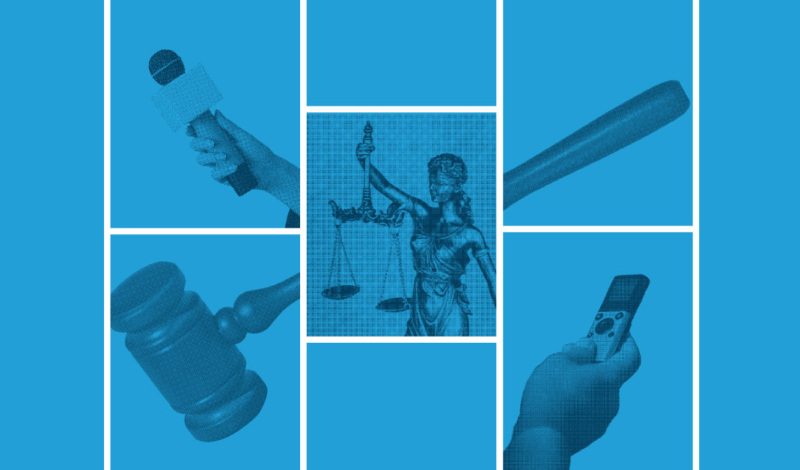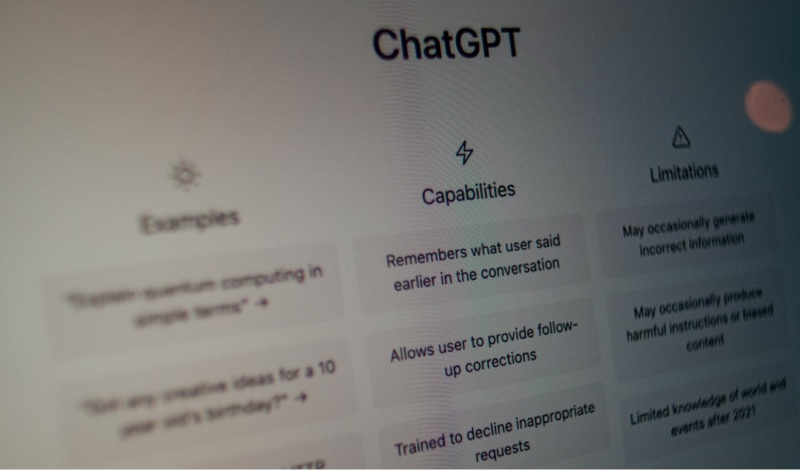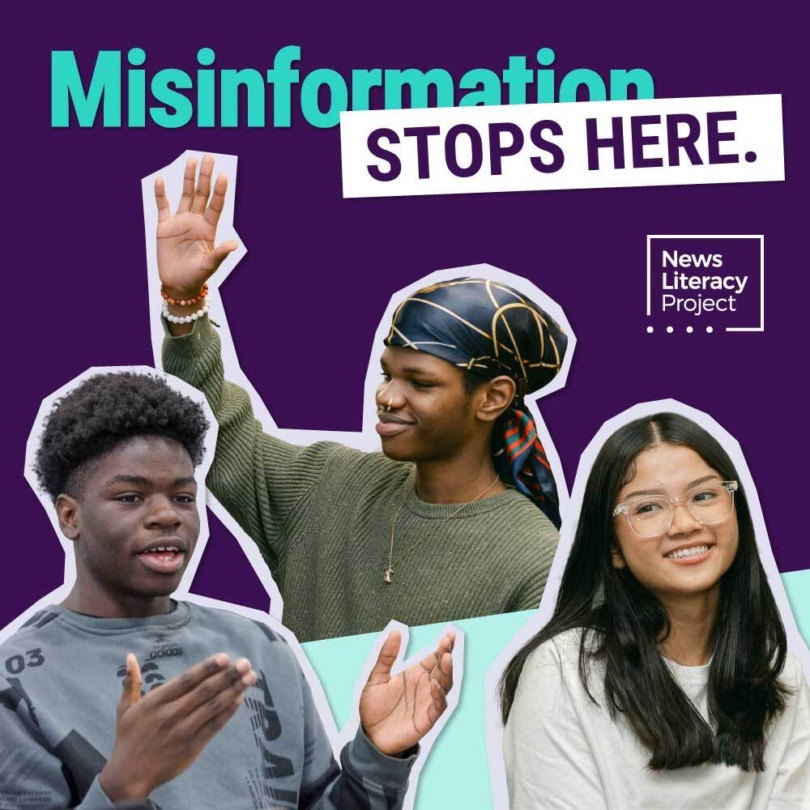
Chicago students tackle what’s real and what’s fake
When David Teeghman, a teacher at Michele Clark Academic Prep Magnet High School in Chicago, first heard about the Checkology® virtual classroom, it was a no-brainer: “I was like, ‘YES, this is a resource that my students need to have access to.’”
Navigating the information landscape these days is difficult enough for adults — and even more challenging for his students, many of whom had never seen The New York Times or The Washington Post and didn’t know the difference between an unreliable source and a credible one.
“These skills were missing in my students,” Teeghman said. “They would be susceptible to conspiracy theories, they couldn’t differentiate a real from a fake piece of content, they couldn’t tell when something had been manipulated or put in the wrong context — or had just been fabricated entirely.”
In the three years since he introduced Checkology in his classroom, Teeghman has noticed consistent improvement in his students’ ability to trust what he calls their “spidey sense” — the feeling that something isn’t right — and find the facts.
“The biggest challenge as a teenager about getting information is knowing if it’s real or not,” said Nayaisha Edmond, a student in Teeghman’s digital journalism class. “I improve day by day as I get on Checkology.”
Teeghman, too, has only praise for the platform: “I love how decentralized it is, I love how individualized it is, and I love that students can work at their own pace.” He is also impressed by the diversity of representation in the lessons. His students, he said, “can see themselves in the videos.”
But what’s most important to this educator is that his students take their newly acquired news literacy skills out into the real world, and that after they leave his classroom, they continue to apply what they have learned. Much to his delight, they do.
Once his students have finished his class, he said, he allows them to “friend” him on Facebook. One day, he noticed that a former student “unfortunately” posted something false on his feed —and he was gratified to see that other former students — in an online conversation he described as “very respectful” yet ”spirited” — “jumped in to correct that before I even had a chance to say anything!”
Watch this video from our visit to his classroom.

